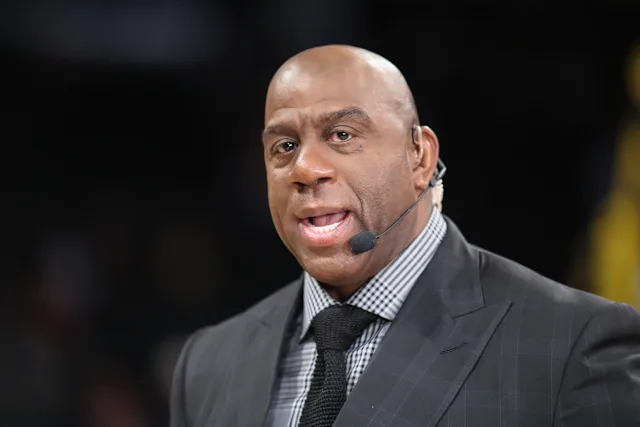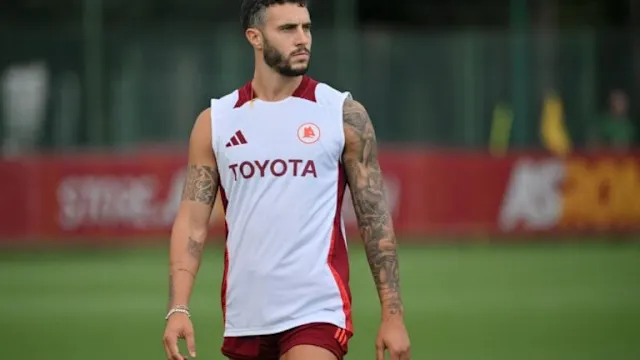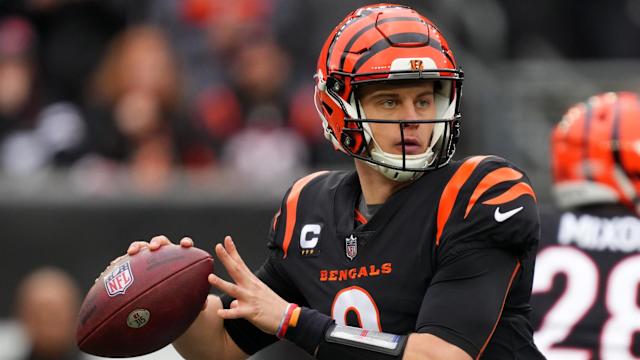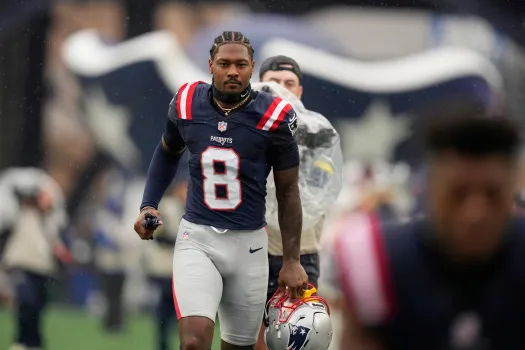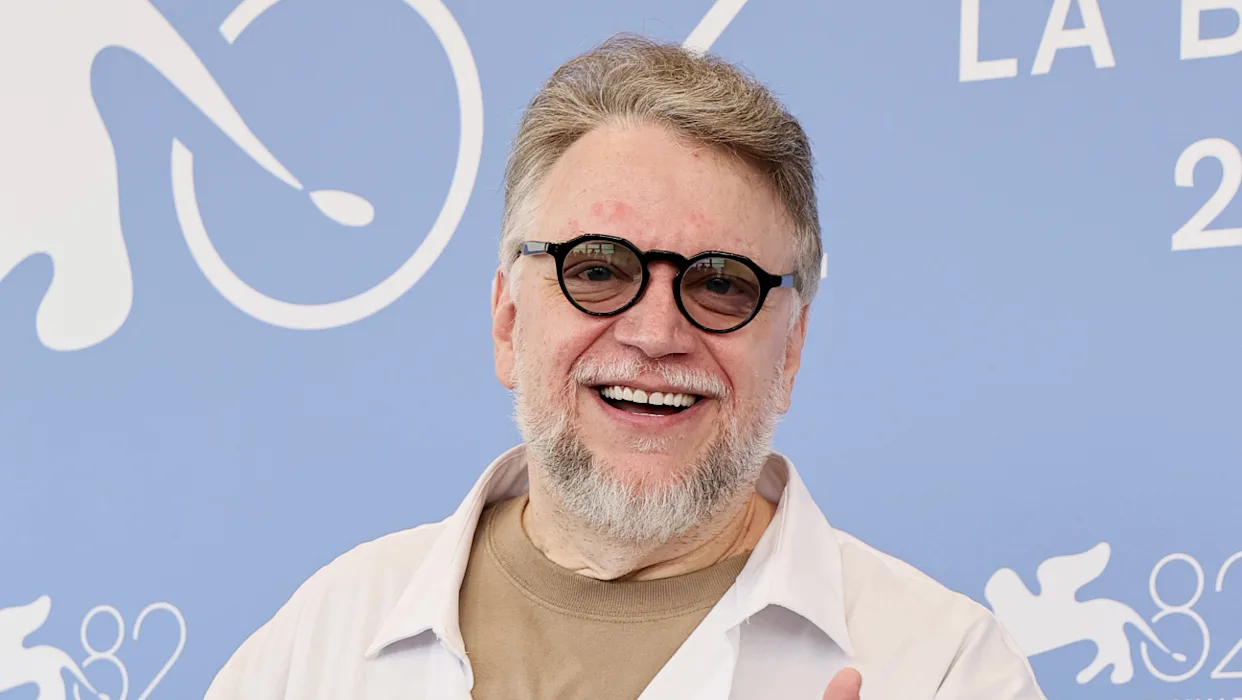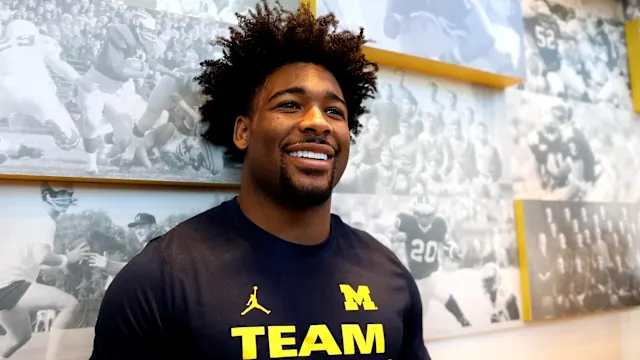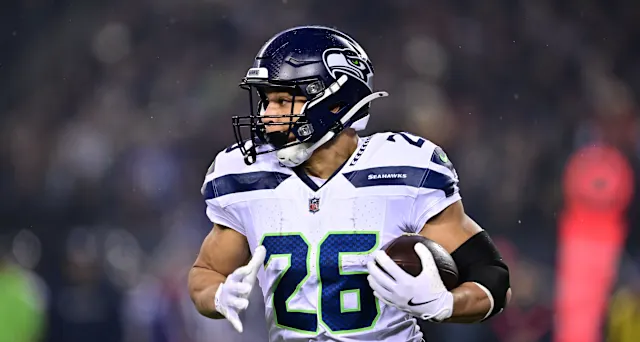Earvin “Magic” Johnson Jr. is widely regarded as one of the greatest basketball players of all time. Known for his extraordinary court vision, passing ability, and leadership, Johnson redefined the point guard position with his size, skill, and charisma. From his early life in Lansing, Michigan, to his stellar NBA career with the Los Angeles Lakers, and his post-retirement ventures in business and philanthropy, Johnson’s story is one of talent, perseverance, and impact.
Johnson’s influence goes beyond basketball. He became a symbol of hope and advocacy after announcing his HIV diagnosis in 1991, while also inspiring generations through his entrepreneurial ventures and charitable work. His life exemplifies resilience, leadership, and the power of using fame for positive change.
Rising from a challenging youth, Johnson’s dedication and drive helped him become a five-time NBA champion, a three-time NBA Finals MVP, and a three-time NBA Most Valuable Player. His impact on the game, and society at large, continues to resonate decades after he first stepped onto the court.
Quick Facts of Magic Johnson
| Quick Facts of Magic Johnson | |
|---|---|
| Full Name | Earvin “Magic” Johnson Jr. |
| Date of Birth | August 14, 1959 |
| Place of Birth | Lansing, Michigan, United States |
| Nationality | American |
| Height / Weight | 6 ft 9 in (2.06 m), 220 lb (100 kg) |
| High School | Everett High School (Lansing, Michigan) |
| College | Michigan State University (1977–1979) |
| NBA Draft | 1979, 1st overall pick by Los Angeles Lakers |
| Playing Career | 1979–1991, 1996; brief stints 1999–2000 in Scandinavia |
| Position | Point Guard |
| Career Highlights | 5× NBA Champion, 3× NBA Finals MVP, 3× NBA MVP, 12× NBA All-Star |
| Olympics | 1992 Barcelona Gold Medal – Dream Team |
| Net Worth | $1.5 billion (2025 estimate) |
| Other Roles | Businessman, philanthropist, team owner, motivational speaker |
| Awards | Presidential Medal of Freedom (2025), NBA 50th and 75th Anniversary Teams |
Early Life
Magic Johnson was born on August 14, 1959, in Lansing, Michigan, to Earvin Sr., a General Motors worker, and Christine, a school janitor. Growing up in a large family with six siblings and three half-siblings, Johnson was instilled with a strong work ethic from an early age. He often helped his father on the garbage route and admired the dedication of both parents in balancing work and family responsibilities.
Raised in the Seventh-day Adventist Church, Johnson found his passion for basketball early, idolizing players like Bill Russell, Earl Monroe, and Marques Haynes. His father, who played basketball in high school, helped teach him the fundamentals, while his mother encouraged discipline and perseverance.
By eighth grade, Johnson was already thinking about a basketball career, displaying extraordinary talent in junior high games. Despite challenges, including being bused to a predominantly white high school and experiencing racial tension, Johnson rose as a leader among his peers and began shaping the competitive mindset that would define his career.
High School Career
At Everett High School, Johnson first earned the nickname “Magic” after a sophomore-year triple-double of 36 points, 18 rebounds, and 16 assists. He led his team to a 27–1 record in his final season, averaging 28.8 points and 16.8 rebounds per game, and won the state championship. Dedicated to his late friend Reggie Chastine, Johnson credited much of his personal and basketball development to their friendship.
College Career
Johnson chose Michigan State University to stay close to home and play point guard. During his two years at Michigan State, he averaged over 17 points, 7 rebounds, and 7 assists per game. His most notable achievement came in 1979 when he led the Spartans to an NCAA Championship over Larry Bird’s Indiana State team, earning the Final Four Most Outstanding Player award.
NBA Career
Drafted first overall by the Los Angeles Lakers in 1979, Johnson became the cornerstone of the “Showtime” Lakers era. He won five NBA championships, earned three NBA Finals MVP awards, and captured three league MVPs. His rookie season was historic: starting at center in Game 6 of the NBA Finals, he scored 42 points, grabbed 15 rebounds, and recorded 7 assists, becoming the only rookie to win Finals MVP.
Throughout his career, Johnson was known for his versatility, averaging double-doubles regularly, leading the league in assists four times, and excelling in clutch moments against rivals such as Larry Bird’s Celtics and Michael Jordan’s Bulls. He retired in 1991 after testing positive for HIV but returned for the 1992 All-Star Game, winning MVP, and later played briefly in 1996.
Olympics and Dream Team
In 1992, Johnson was co-captain of the U.S. “Dream Team” at the Barcelona Olympics, helping the squad dominate opponents and earn the gold medal. His leadership and on-court vision were critical to the team’s overwhelming success, and his presence inspired millions worldwide, particularly in raising awareness about HIV.
Post-Retirement, Business, and Philanthropy
After retiring, Johnson became a successful entrepreneur and philanthropist. He founded the Magic Johnson Foundation, hosted charity events, and invested in businesses, including ownership stakes in the Lakers, Los Angeles Dodgers, Los Angeles Sparks, and Los Angeles FC. Johnson also advocated for HIV/AIDS prevention and became a prominent motivational speaker.
Legacy and Honors
Magic Johnson is celebrated for his transformational impact on basketball and society. His accolades include:
- Induction into the Basketball Hall of Fame twice (career and Dream Team)
- NBA 50th and 75th Anniversary Teams
- Presidential Medal of Freedom (2025)
- Gold medal with the 1992 Dream Team
As of 2025, Johnson’s net worth is $1.5 billion, reflecting his success both on and off the court. His story remains an inspiration, highlighting the power of talent, leadership, resilience, and giving back.


